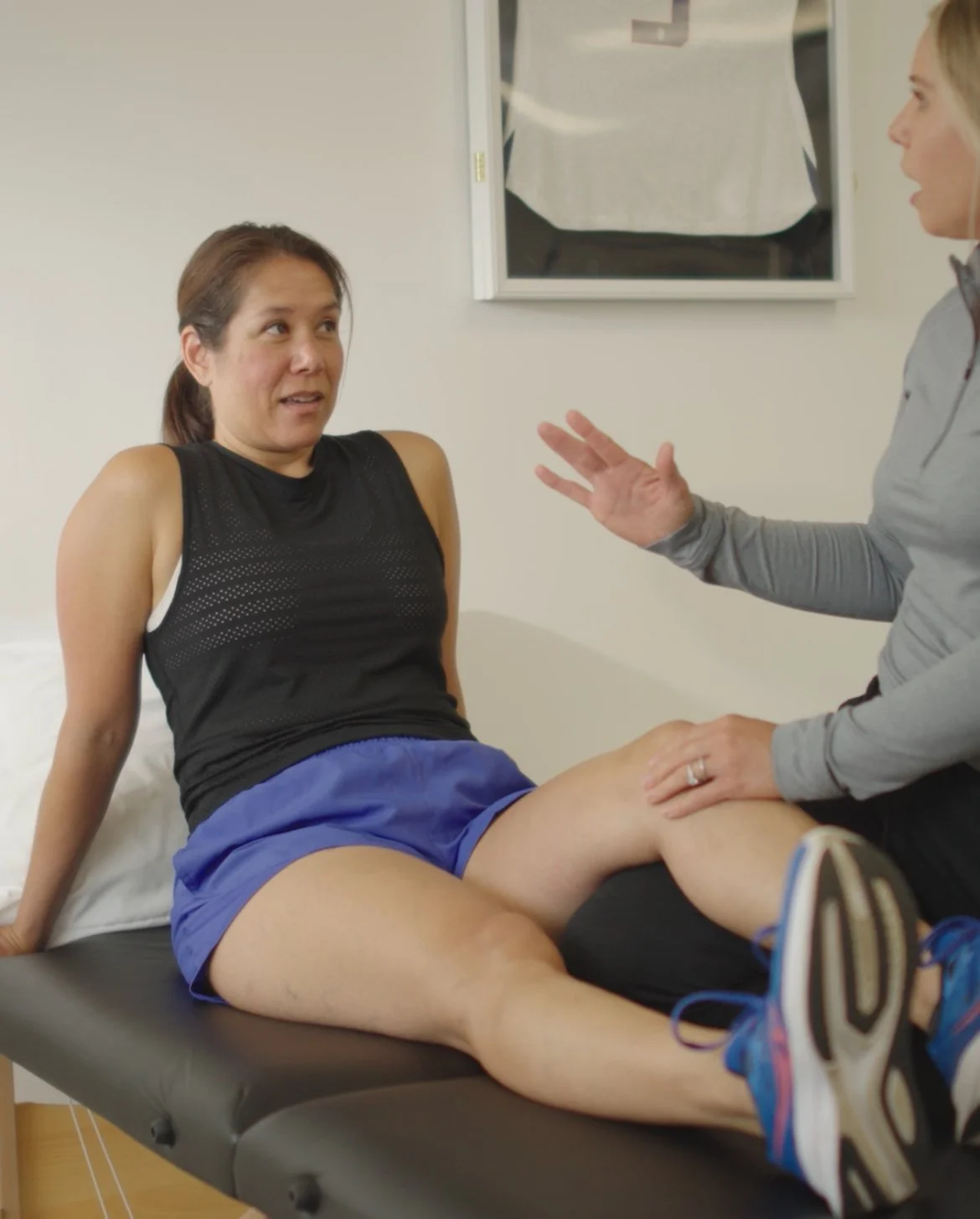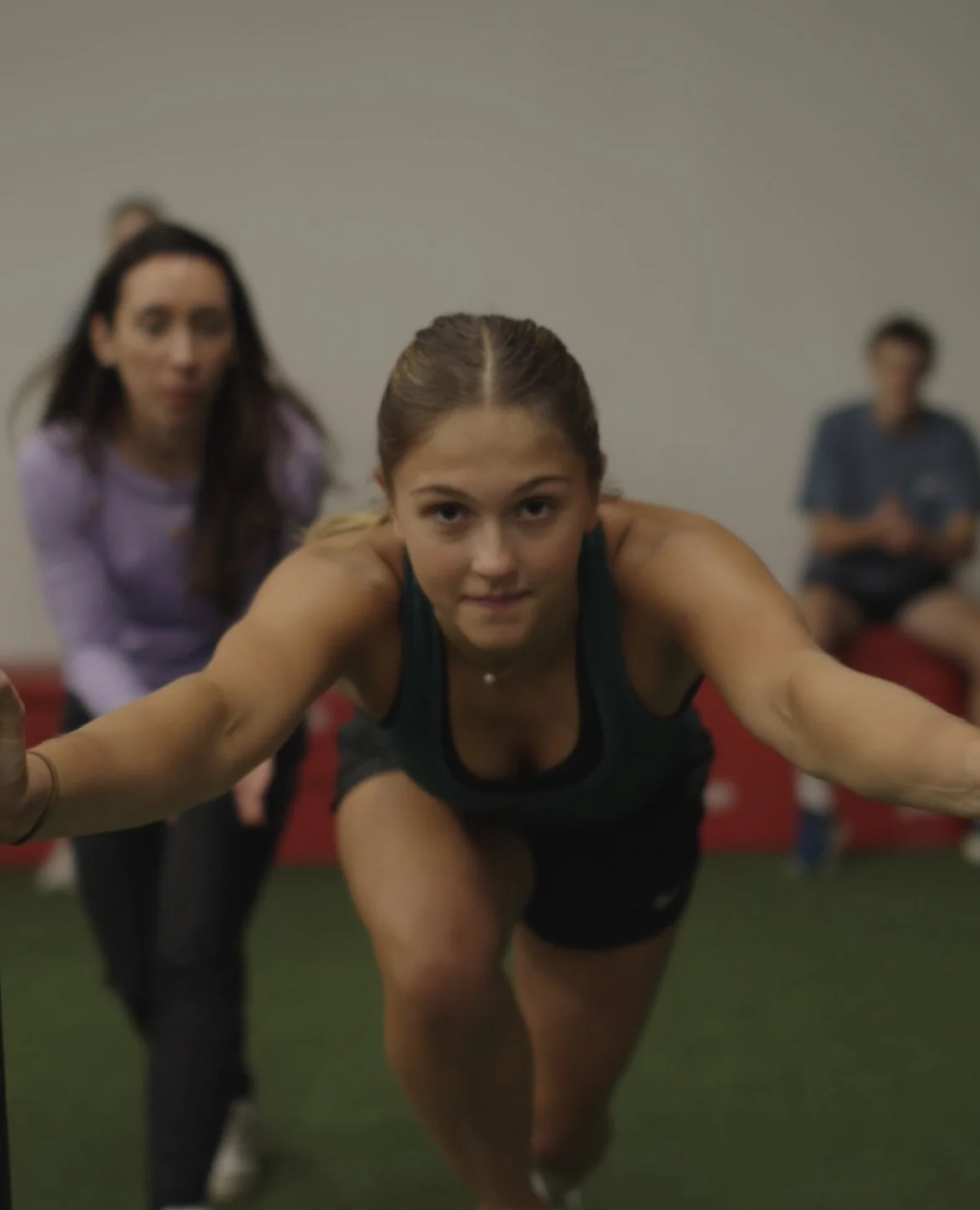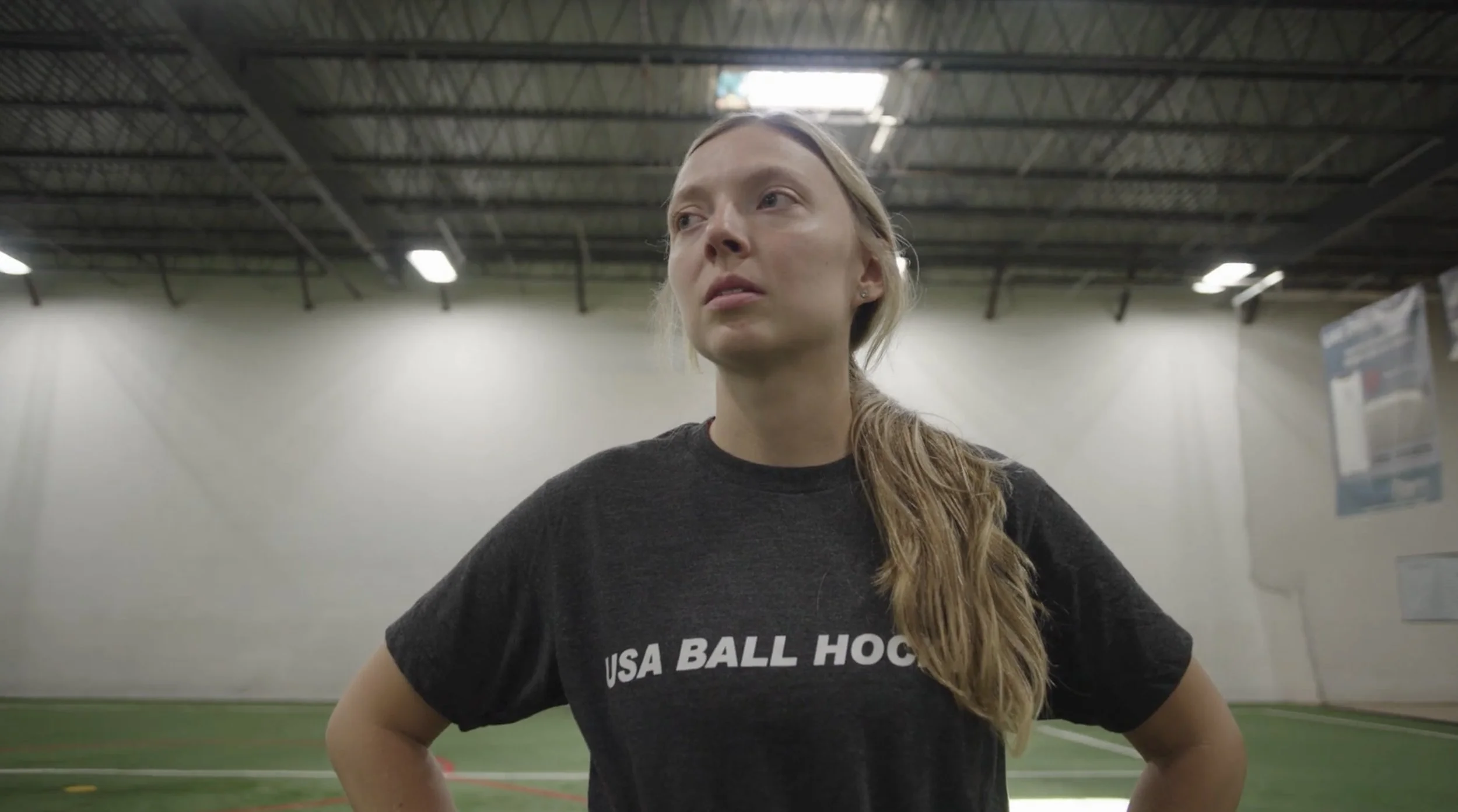The Mental Side of Sports Injuries: What Every Female Athlete Should Know
Getting injured in sports is tough—not just on your body, but also on your mind and emotions. While most people talk about the physical pain, it’s just as important to understand how an injury can affect how you feel, think, and see yourself—especially as a girl in sports.
Why It Feels So Hard When You’re Injured
When you're an athlete, your sport can feel like a huge part of who you are. So, if you get hurt and can’t play, you might feel:
Like you've lost a part of yourself
Left out from your team
Guilty about not helping your teammates
Pressured to get back too quickly
Sad, anxious, or unsure of what to do next
And that’s all completely normal—but also something you should talk about.
Why Girls Might Feel This More Than Boys
Girls and young women in sports often face added pressure—not just to perform well, but to look a certain way and to appear tough no matter what. These expectations can weigh heavily, and when injury strikes, it can feel even more overwhelming. Many athletes worry they’re letting their team down, which can make the recovery process feel isolating and emotionally challenging.
Some things girls might struggle with after an injury:
Worrying about gaining weight or losing muscle
Feeling “invisible” or left out of team life
Feeling pressure to be “perfect” or come back stronger than ever
Comparing their bodies or performance to others (especially online)
How Your Body Affects Your Emotions
Your hormones (which change during your period and throughout the month) can affect your mood and how your body responds to stress. Some injuries, like ACL tears or stress fractures, are more common in girls, and they often take a long time to heal. During these injuries it is common for girls to notice weight changes, mood swings, low energy levels, and even loss of bone density.
That means:
You may feel moody or unmotivated during the healing process
Your feelings might be stronger during recovery
You may need extra support for your mental health, not just your body
Why Support Matters So Much
Having people you can talk to—like coaches, parents, friends, or a therapist—can make a huge difference in how well and how fast you recover.
But sometimes girls say:
Their coaches don’t understand how they feel
Their friends don’t know what to say
They don’t want to “complain” or be seen as weak
Tip: Talking about how you feel is a strength, not a weakness. You deserve to be heard.
The Stress of Coming Back
Even when your body is ready, your mind might not be. You might feel:
Scared to get hurt again
Unsure if you’re still “good enough”
Nervous about what people will think
You’re not alone. This happens to tons of athletes—and it’s okay to take your time. Building confidence is part of recovery too.
How to Take Care of Yourself (Mentally and Physically)
Here are some ways to support your mental recovery after an injury:
Talk it out – with a parent, coach, therapist, or friend
Be kind to your body – fuel it, rest it, and don’t rush it
Set small goals – little wins matter!
Track your feelings – write them down or use a mood app
Stay connected – even if you’re off the field, stay involved with your team
Final Thought
Healing from an injury isn’t just about your bones or muscles—it’s about your heart and mind, too. You are more than your sport, and asking for help is not a weakness—it’s one of the strongest things you can do.
Your story doesn’t stop with an injury—it’s just another chapter. And you get to come back smarter, stronger, and more confident than ever.
At KINISI, we have additional resources to support you—physically, mentally, and emotionally—so you never have to feel alone. Always talk with us about how you're feeling. We’re here to support you, every step of the way.



